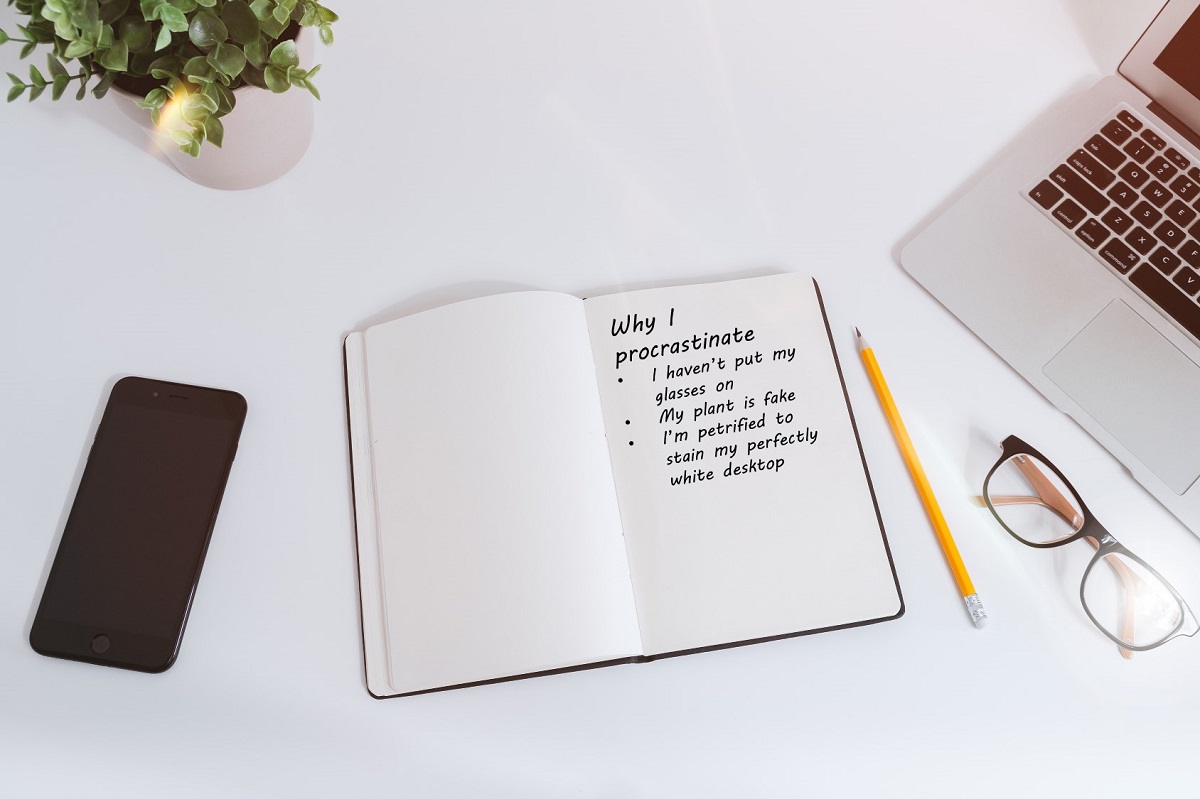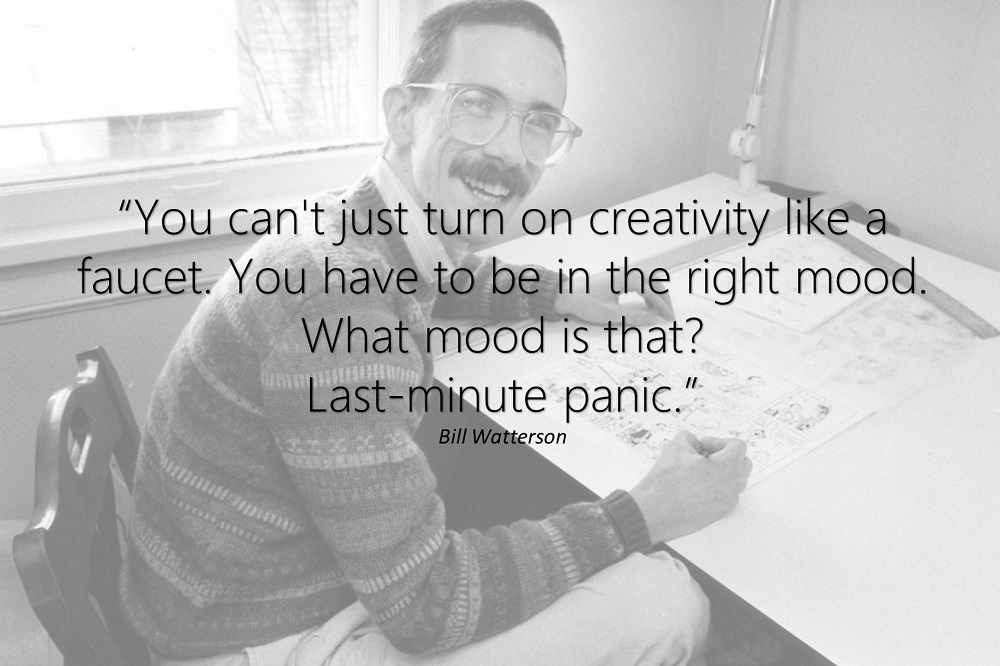
The Put Off Procrastinating workbook is very popular. We’ve moved over 350 of them since releasing it. You can get a digital copy below or sometimes there are hard copies to be found at Health, Counselling and Disability Services.
Let’s be honest with ourselves. We all put stuff off that we should be doing.
I find that I always put off contacting friends and family – which is both dumb and rude, but I do it all the time.
You might even be reading this post, when you should really be studying.
Procrastination is delaying something that needs to be done.
School and university are often when individuals first discover that they have a problem with procrastination, as there are homework and assignments due, and consequences for not completing them.
Procrastination is one of the most common problems students bring to counselling services.

I’ve written about procrastination in previous posts (1, 2, 3). Honestly, it is a topic I revisit frequently on this blog as well as presentations I give, as it is relevant to most people studying at university.
In those posts I tried to provide some simple ideas about tackling procrastination, building on common counselling principles.
I’m very pleased in this post however to share a resource that could be a key piece of the puzzle in your fight against procrastination.
Whilst doing research for previous procrastination posts, I discovered that the Centre for Clinical Interventions (CCI) in Western Australia, who make some excellent self-help materials, had developed self-help modules for procrastination. The modules are very comprehensive, covering multiple aspects of procrastination, from the understanding the underlying causes, to implementing simple practical strategies for reducing procrastination.
With their kind permission, I took those modules and pulled them together into a single self-guided workbook for tackling procrastination.
That workbook is now available for students to download.

The workbook called “Put Off Procrastinating!!” contains 7 chapters, each building on the previous, that will help you understand why you procrastinate, and give you the tools to change it.
The workbook is long but I make no apologies for that. It constitutes a complete self-guided program for procrastination and is intended to be useful for students who just want to learn a bit more about tackling procrastination, through to students who really struggle with procrastination, and for whom it is impacting on their academic success.
There are basically three ways to approach this workbook.
- As a casual reader – The workbook has a lot of insights into why people procrastinate and the methods they use to overcome it. Just reading it casually (without necessarily completing the exercises within) may be enough to help you reduce your procrastination. This is the approach I recommend for those for whom procrastination is not a big problem, but something they’d like to learn more about.
- Selecting specific chapters – Some people like to hone in on specific chapters (e.g. Chapter 5 is very practical) and focus on implementing those ideas. This is a good approach for those who already have a bit of an idea why they procrastinate, and are looking to take action.
- As an interactive program – Each chapter of the workbook contains exercises that help you apply the ideas to your own situation. At a rate of a chapter per week, you can complete the workbook in just under 2 months. This is the approach I recommend for people who are really struggling with procrastination, and who need to understand at a deeper-level why it is they procrastinate and how they can change it.
There are two versions of the workbook available currently.
The Print Version is designed to be printed and stapled or coil bound. This is for people that like to carry a physical copy of a book around with them. This is admittedly my preferred approach, as I still like the feeling of pen/paper when doing workbooks such as this.
The Digital Version is a pdf file where sections can be completed within a standard pdf program and then saved. This is for people who would much rather that the workbook live on a digital device like a tablet or laptop.
Pre printed copies are sometimes available also! Ask your counsellor or visit us on Level 3 of the Student Centre.
A quick note about those who get the book but don’t start it
We know from feedback that students give us, that many take the book but fail to get started using it. This isn’t surprising in a way. Procrastination is a slippery sucker and those who delay their work, also tend to delay their efforts to improve their productivity.
Addressing procrastination is a bit like going into therapy. Yes, you have the resource of the therapist or the materials they provide, but change won’t happen unless you initiate it.
With a workbook, the onus is on you to initiate that change. The question you need to ask yourself is ‘what will happen to me and my degree if I don’t start tackling this?’
Keep in mind this isn’t your only treatment option. There is the Studyology program here at Flinders. You can book in to have a chat with someone at the Learning Lounge. You can try adopting different study strategies. Regardless of your choice however, you will need to trigger the change yourself through a modification of your current coping and study strategies.
Knowledge will only get you so far. I know students who bury themselves in learning about procrastination but never really take any of the strategies and actively implement them. They get stuck in a loop of procrastinate –> seek help –> learn something new –> procrastinate on making changes –> seek help etc.
Don’t worry about getting your strategy perfect before implementing it. There is no perfect strategy. Your strategy will refine itself as you experiment with approaching your studies in a different way.
Some students start with using a Pomodoro Timer. Some use blocking software to minimise distractions. Some work through a checklist of goals for each day. Some hone in on time management.
There isn’t a single magical technique that works to tackle procrastination. If there was I would definitely tell you 😊
Feedback always welcome
We are really keen to get feedback on whether students find the resource helpful, so don’t be shy in providing feedback about what you like, what you don’t, and how it can be improved.
If you like the looks of it, also remember to check out CCI’s other self-help resources. They produce a range of them on topics such as assertiveness, depression, anxiety, compassion, coping with disordered eating, perfectionism, and more.
Take care!
Dr G

